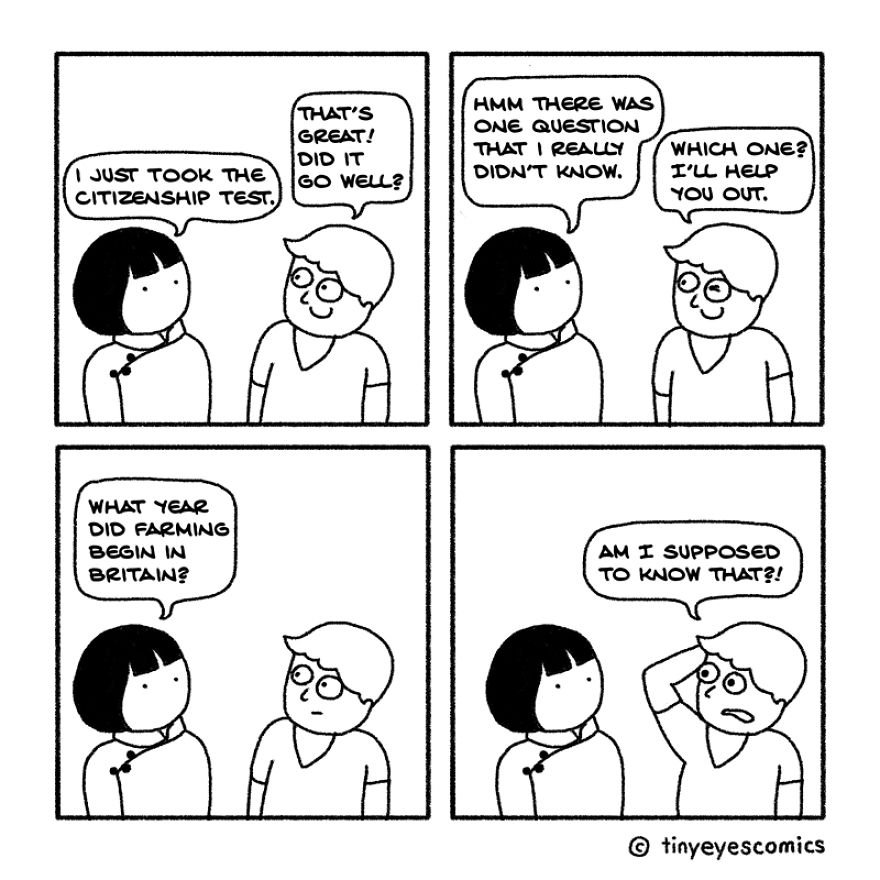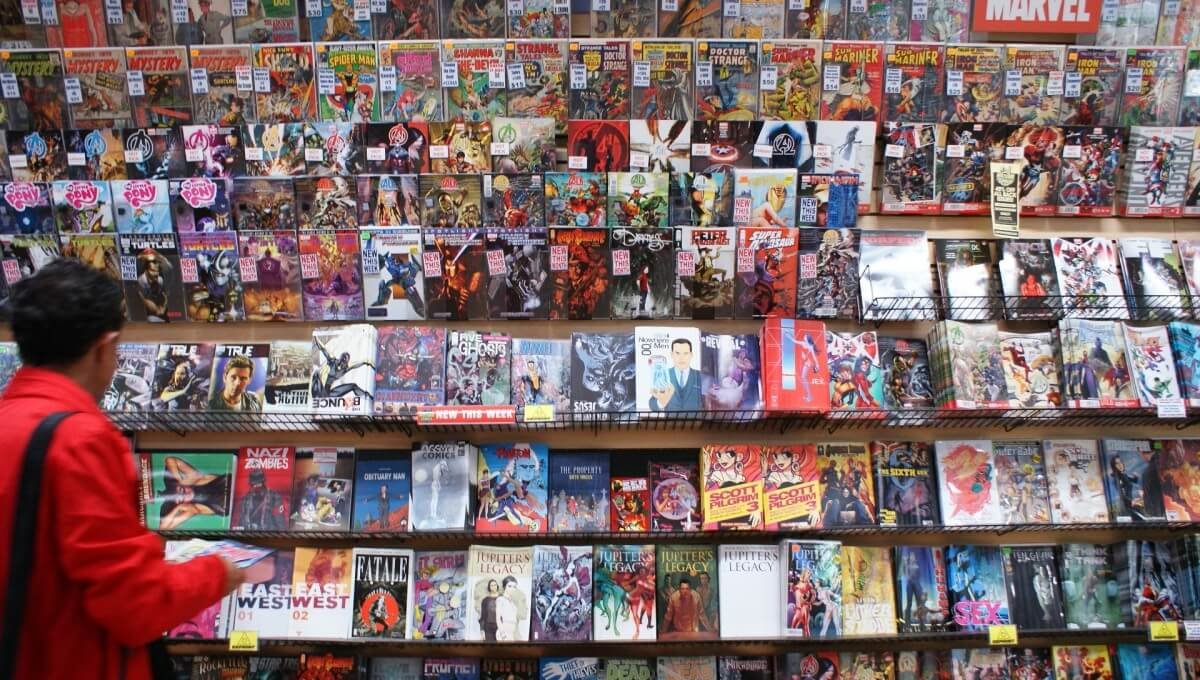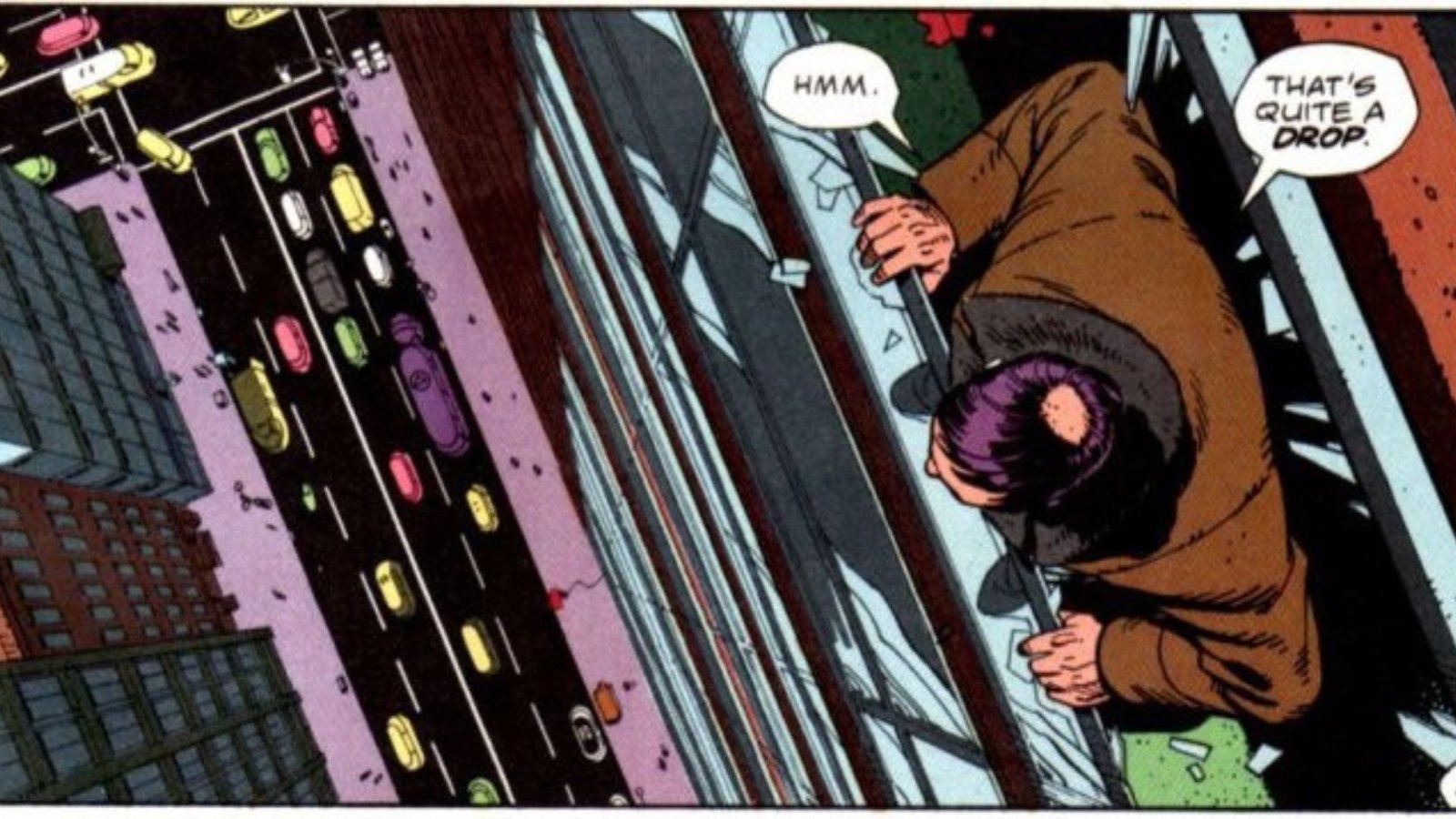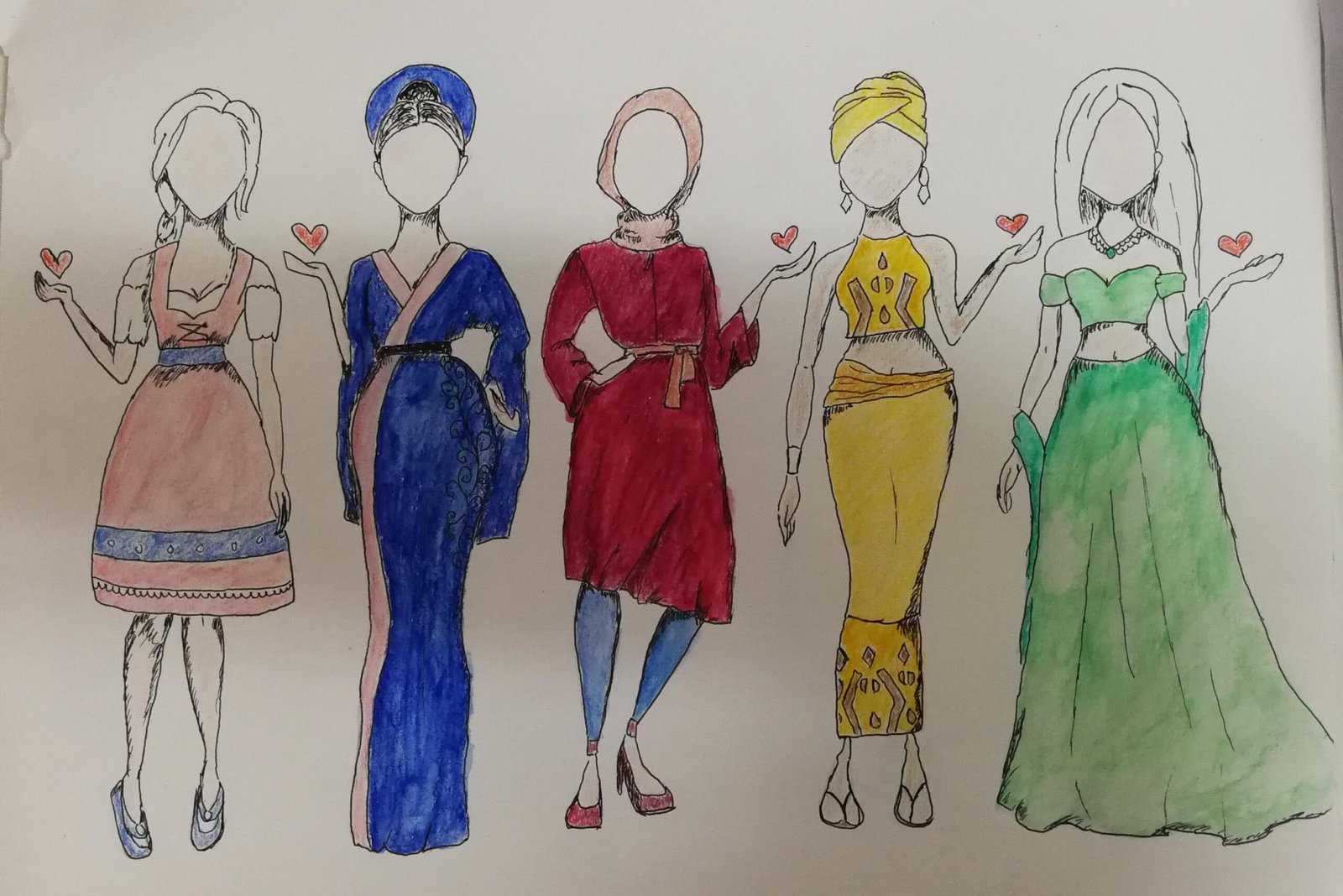Comics have long been a mirror to society, reflecting the issues, values, and trends of the times in which they are created. As a unique and accessible medium, comics have the power to both entertain and inform, often shedding light on social, political, and cultural movements. From superhero stories to underground comics, this medium has continuously evolved to address the changing needs and concerns of its audience. Here’s how comics reflect society and cultural trends, and why they remain an important tool for commentary.
The Role of Comics in Shaping Popular Culture
Comics, especially superhero comics, have played a pivotal role in shaping popular culture. Characters like Superman, Spider-Man, and Wonder Woman not only represent ideals of heroism but also reflect the cultural anxieties and aspirations of the times in which they were created. For example, Superman was born during the Great Depression, a time of economic uncertainty and hardship, and his early stories were about fighting injustice, oppression, and evil. In the 1960s, when the civil rights movement gained momentum, Marvel Comics introduced characters like Black Panther and X-Men, which dealt with themes of racial inequality and discrimination.
Through these characters and their stories, comics have provided an avenue for addressing complex social issues, often in a way that is approachable for readers of all ages. They’ve become not just a form of entertainment, but a reflection of the political and cultural climates they emerge from.
Comics as a Platform for Social Commentary
Beyond superhero comics, other genres have used the medium to tackle pressing social issues. Underground comics from the 1960s and 70s were a prime example, with creators like Robert Crumb and Art Spiegelman using the comic form to explore topics like drug culture, sexual freedom, and political disillusionment. These comics often pushed boundaries and offered sharp critiques of mainstream society, reflecting the countercultural movements of the time.
Similarly, graphic novels like Art Spiegelman’s Maus, which explores the Holocaust through the lens of a son interviewing his father, offer powerful insights into human history and trauma. The medium has proven its ability to address difficult subjects, making these topics accessible to a wide audience. Comics can serve as both a mirror to society’s struggles and a tool for helping readers process complex events.
Comics and Changing Gender Norms
Comics have also evolved to reflect changing gender roles and norms. Traditionally, comic books were dominated by male heroes, with women often relegated to secondary roles or stereotypical portrayals. However, over time, comics have increasingly embraced diverse and complex female characters. Characters like Wonder Woman, Batgirl, and Captain Marvel became symbols of female empowerment, providing young readers with strong, independent female role models.
More recently, the rise of female writers and artists in the comic book industry has contributed to a shift toward more inclusive and progressive representations of women. Additionally, stories that challenge gender norms—such as Kamala Khan, the Muslim-American teenage superhero Ms. Marvel—have become more prominent, addressing the intersection of culture, identity, and gender in ways that resonate with contemporary audiences.
Cultural Representation in Comics
Comics have long been a platform for exploring cultural identity, and in recent years, creators have focused on bringing more diverse perspectives to the medium. The rise of characters from different ethnic backgrounds, such as Black Panther (the first mainstream African superhero) or Miles Morales, the Afro-Latino Spider-Man, highlights the increasing desire for representation in media. These characters offer new narratives that resonate with underrepresented groups, offering young readers heroes who look like them and reflect their experiences.
Comics also serve as an outlet for exploring and celebrating different cultures. Works such as Persepolis by Marjane Satrapi and The Arrival by Shaun Tan depict the immigrant experience, showing the challenges of assimilation, identity, and displacement. Through these stories, comics provide a nuanced perspective on cultural diversity and the importance of inclusivity.
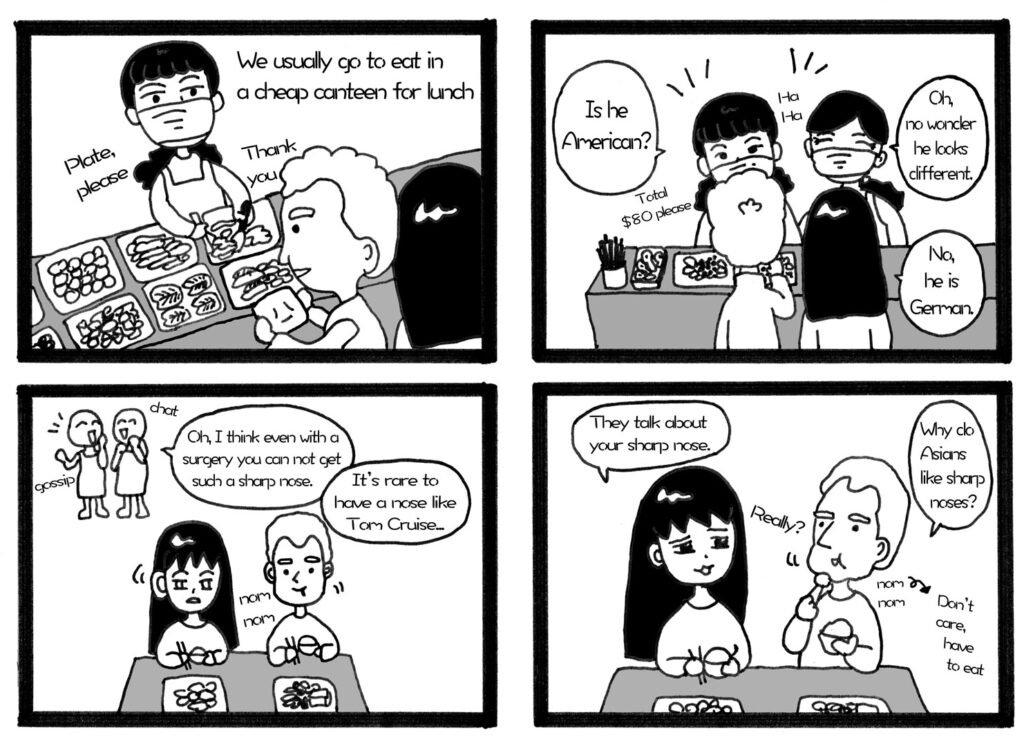
Comics and Technology: Reflecting a Digital World
In the digital age, comics have also adapted to new technologies and the internet. The rise of webcomics and digital comics has mirrored the internet culture’s preference for instant access and interactive media. Webcomics, often created by independent artists, have become a medium for discussing contemporary issues such as mental health, technology addiction, social media, and political engagement.
The incorporation of multimedia elements like GIFs, animations, and interactive storytelling in digital comics reflects the current trend of blending visual storytelling with evolving technology. These comics address the fast-paced, interconnected nature of modern life and the way technology influences our daily interactions and perceptions of the world.
Comics in Response to Global Movements
Comics have not only kept pace with local trends but have also responded to global movements. The Black Lives Matter movement, for example, has inspired creators to develop stories that address systemic racism, police brutality, and social justice. Characters like Black Panther have come to symbolize both the fight for racial equality and the celebration of African culture.
Similarly, the Me Too movement has led to the creation of comics that address sexual harassment, abuse, and gender inequality. These comics empower readers to confront uncomfortable truths while providing a platform for marginalized voices. By tackling sensitive subjects head-on, comics continue to be an important medium for advocacy and activism.
Conclusion: Comics as Cultural Catalysts
Comics are more than just entertainment; they are a powerful reflection of society and the cultural trends that shape our world. Through their evolution, comics have addressed everything from political movements to gender representation, and they continue to adapt to the changing values and concerns of each new generation. By engaging with comics, readers are not only entertained but also offered new perspectives on complex issues, making comics an essential tool for both personal reflection and societal change.






